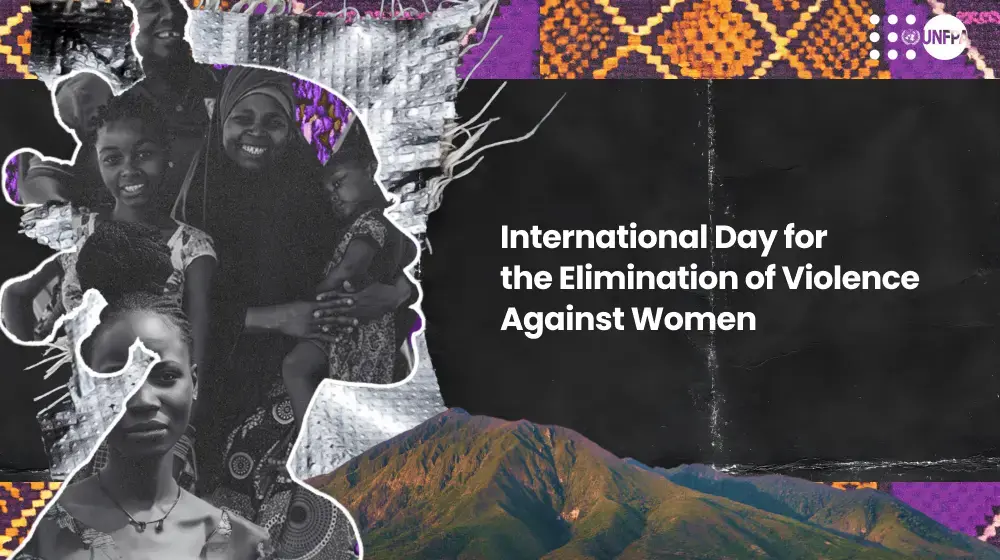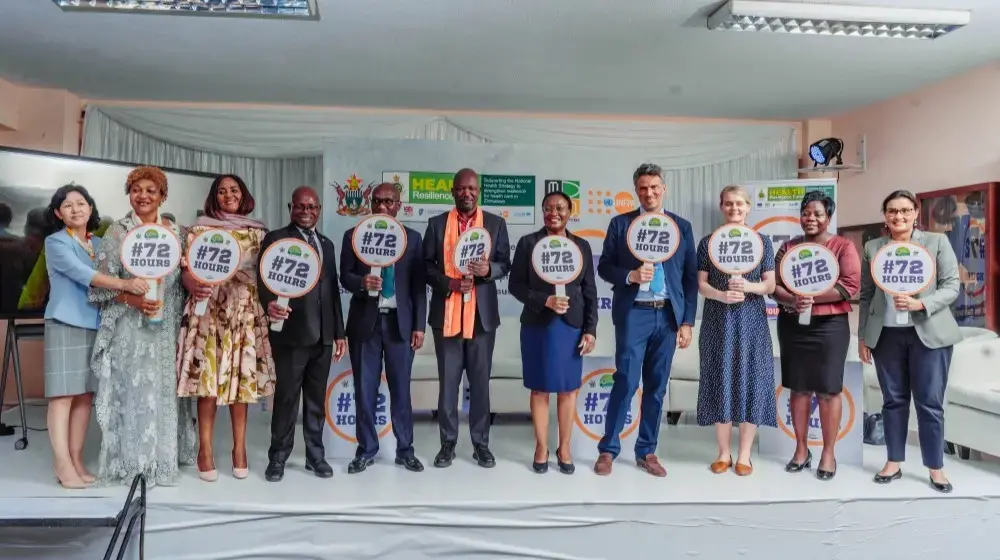The Eastern and Southern African sub-region has more than 60% of the globalburden of preventing mother-to-child transmission (PMTCT)of HIV and has 15 of the 25 high burden countries. Additionally, HIV-related conditions have become the leading cause of maternal and child mortality. Remarkable progress has been made in the implementation of PMTCT strategies to reduce the risk of mother-to-infant transmission from nearly 40 per cent to under 5 per cent. However, much more needs to be done in the area of primary prevention of HIV and prevention of unintended pregnancies among women living with HIV, where UNFPA is expected to provide leadership.
Since comprehensive and widely available PMTCT programmes could substantially move the sub-region towards preventing new infections through primary prevention and supporting women living with HIV to prevent unwanted pregnancies, concerted efforts of governments and their partners can maximize the utilization of limited expertise and resources.
Against this backdrop, the UNFPA Sub-Regional Office for Eastern and Southern Africa – Johannesburg, South Africa, hosted a meeting of 16 African countries in Lilongwe, Malawi, from 16-19 May 2011 towards the strengthening of the first two prongs of PMTCT.
The general objective of the meeting was to contribute to the scale-up comprehensive PMTCT services by strengthening policy and programming to implement the first two prongs of PMTCT: Primary prevention of HIV for women of child-bearing age, and prevention of unintended pregnancies among women living with HIV (as part of rights-based sexual and reproductive health of people living with HIV). This report presents 18 key recommendations.




